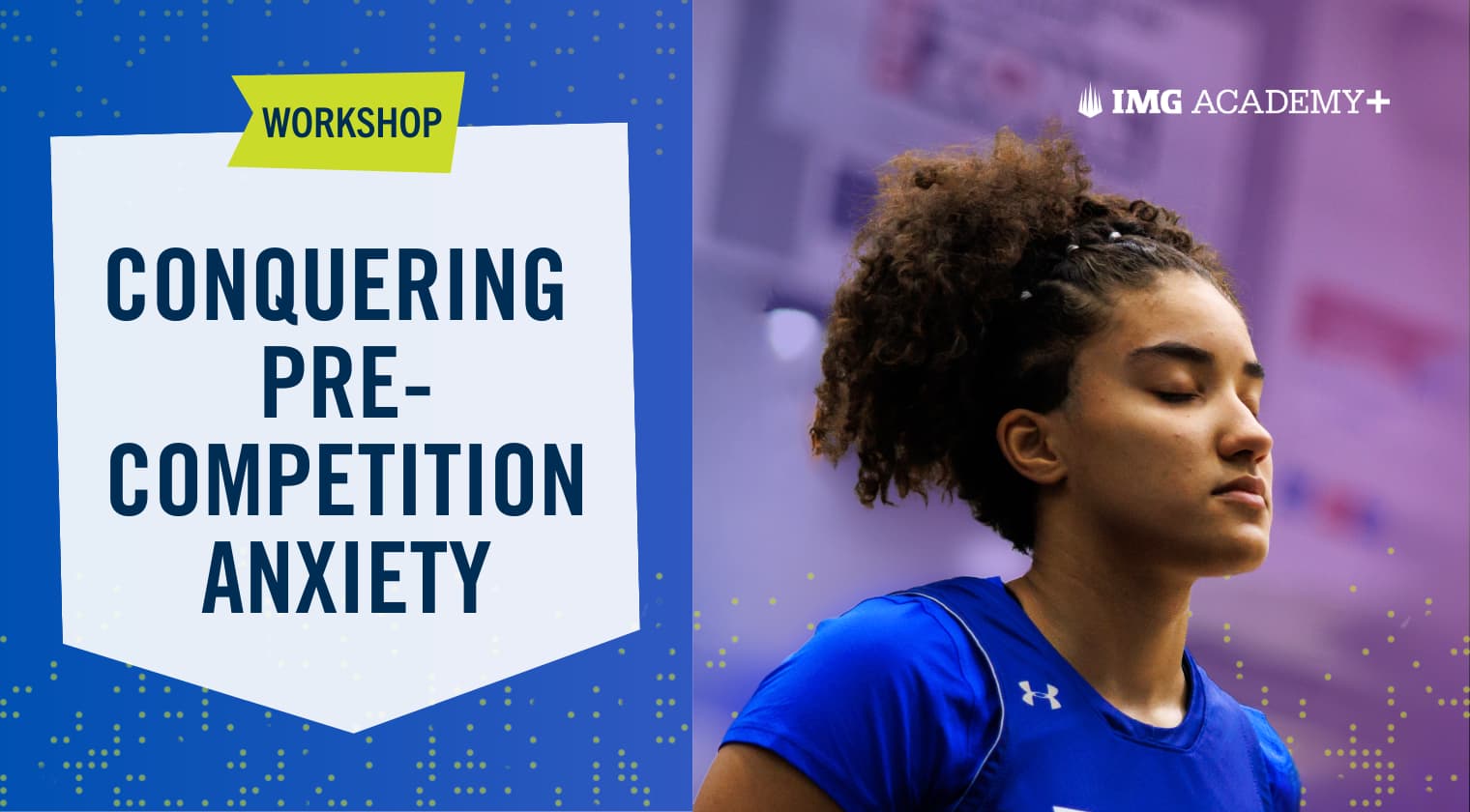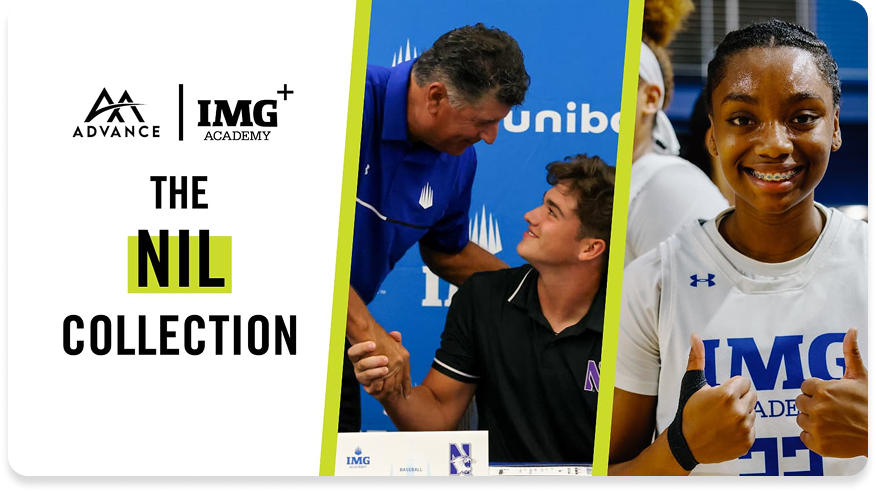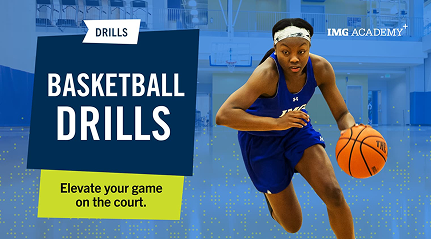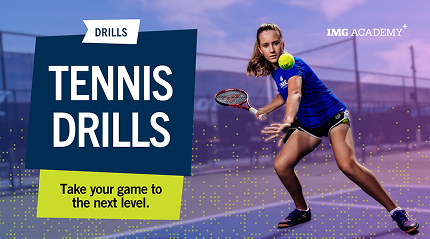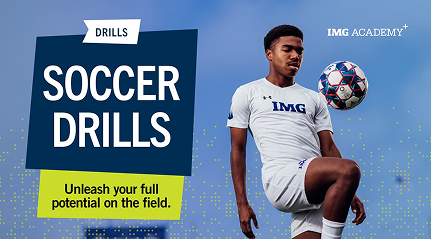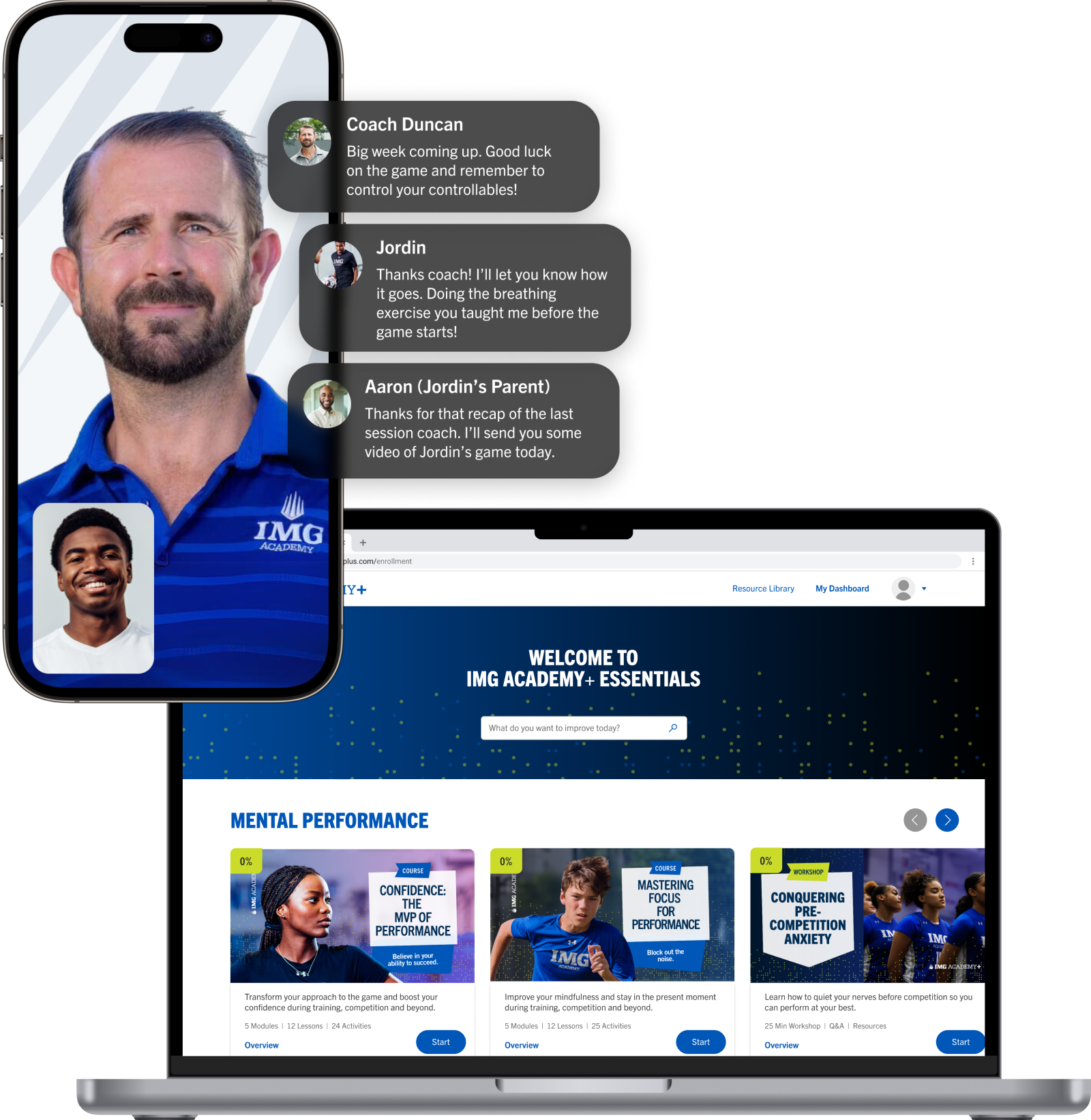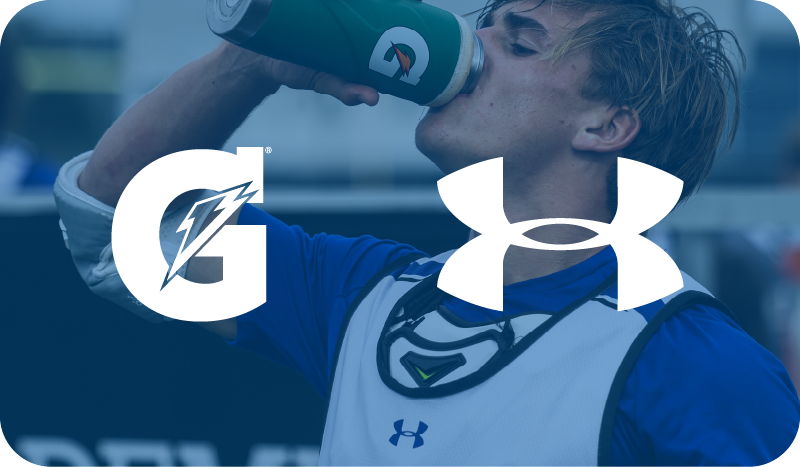So you had a bad game.
Remember, so has every athlete, from champions like tennis player Serena Williams and Kansas City Chiefs tight end Travis Kelce to those just starting out in recreational sport leagues.
It doesn’t have to define you, your life — or even the rest of your day. Take it from the people who make their living on the playing field, such as NFL coach Doug Pederson.
"Everybody is going to have a bad game," Pederson, who led the Philadelphia Eagles to victory in Super Bowl LII, once said. "One game does not decide somebody’s season."
Or Williams, who won a record number of Grand Slam titles and is considered one of the best tennis players in history. "If anything," she has said, "losing makes me even more motivated."
That doesn’t mean that playing less than your best won’t feel excruciating in the moment, especially for student-athletes who devote hours of training every day to getting better.
You can train your brain to leave the loss on the field, however, while still taking away the lessons from it that will make you a better player, says Becca Thomas, Senior Mental Performance Coach at IMG Academy.
Just One Game
"The athletes who are able to perform their best are the ones who recognize, ‘Hey, it’s just a tennis match, it’s just one game. I’m going to come back and do it better tomorrow,’" Thomas says.
IMG Academy considers that a skill rather than an attitude that some players have and others don’t. And the sooner student-athletes learn it, the quicker they can progress.
"With many youth athletes, their performance in their sport is intertwined with their ego and their identity, so both take a hit when they lose," Thomas explains. "Some of them have a tendency to hold onto those challenges, so we want to make sure that we give them control over when and how they think about those experiences."
To achieve that, coaches encourage student-athletes to focus on five things:
- Acknowledge how you feel. Frustration and disappointment are common when a game doesn’t go the way you want. Take time to process your emotions, figure out what you feel, and then ask yourself why, Thomas suggests. Are you frustrated that you didn’t play well, or that you lost to someone you shouldn’t have? Or are you more concerned about what your peers will think of you as a result? "To make sure that a bad game or a bad performance doesn’t carry over and impact the rest of our day or our week, we have to recognize where we’re at," she says.
- Analyze your performance. There are probably things you wish you had done better. Identify those and work to improve them during practice and training sessions — but be sure to consider your strengths, too. "Ask yourself, ‘What did I do well even in this not-so-great situation,’" Thomas says. "‘Did I continue competing? Did I try to maintain my focus?'If your sole perspective is that everything was terrible, you’re not going to be able to continue growing because you’re carrying that weight with you. It’s like going to the gym, putting on a weight vest, and wearing it through the rest of your workout. When you take the time to recognize what you did well so that you can continue to lean into those strengths, you’re starting to take away something from the experience that’s more productive."
- Put the situation in perspective. So, you didn’t live up to your expectations. Remind yourself that it was just one game. There will be another game soon — maybe even that afternoon. "You definitely want to take the perspective that one game, one performance isn’t going to define your career," Thomas says. "Most of the time, this game or this match is going to be over and in the past before you know it. If you focus on the bigger picture and your forward-moving actions, it can help release some of the stress you might be experiencing."
- Maintain your routine. Along with the rhythms of competition, student-athletes have the routines of daily life, such as going to class, doing homework, or eating with friends. Engage with those, Thomas says, rather than avoiding them to obsess over a botched play or a lost game. The goal is to "manage the experience rather than letting the loss take total control," she explains. "Don’t let your disappointment prompt you to back out of things that are important or that you enjoy." Getting social support is vital, even though it might be tough to do when you’re feeling embarrassed about your performance. "If you have a close group of friends with whom you can share your feelings or talk through the experience, that social support is going to keep you engaged and help you to shift forward," Thomas says. "Sharing those common experiences reminds you that we all go through bad times and have bad performances and helps you to bounce back a little quicker."
- Find the fun. Doing something that you enjoy can boost your spirits and help you rebound from a bad game, Thomas says. "That will help you continue to strive toward your long-term vision, even when you experience challenges," she explains.
While the dynamics of team and single-player sports are different, student-athletes'reactions to loss are generally less so, Thomas says. Team sports may offer more opportunity to spread blame, but players still tend to internalize a loss — even at the pro level.
When Kelce was interviewed after the Chiefs'21-17 loss to the Philadelphia Eagles in November 2023, he summed up his state of mind in five words: "I’ve got to be better."
The Chiefs went on to play in, and win, Super Bowl LVIII three months later.
Want to learn how to improve your ability to handle pressure, focus better, and become more resilient? Explore IMG Academy+ mental performance coaching.
Learn More

